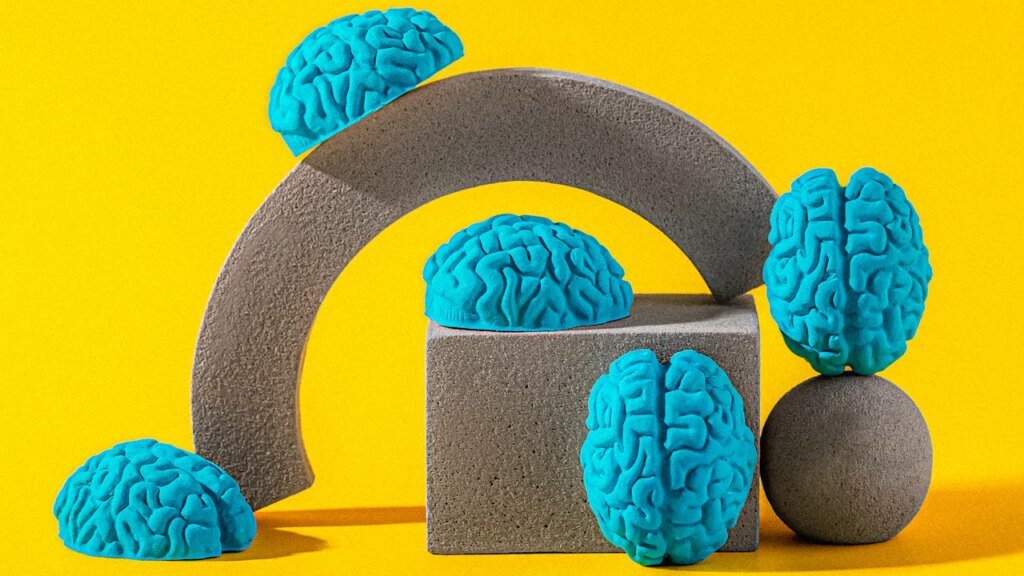We know that people with ADHD often approach work differently than might a neurotypical person. And while ADHD can manifest in traits like impulsivity and being easily distracted, the condition is also associated with many desirable qualities—including, it seems, incredible creativity.
That’s the upshot of new research recently presented at the European College of Neuropsychopharmacology (ECNP) Congress in Amsterdam. Researchers conducted a pair of studies involving 750 participants, finding that those with ADHD may experience more frequent episodes of mind-wandering, and that that, in turn, could lead to greater creative thinking abilities.
“Previous research pointed to mind-wandering as a possible factor linking ADHD and creativity, but until now no study has directly examined this connection,” one of the investigators, Han Fang, said in a statement.
“We found that people with more ADHD traits, such as lack of attention, hyperactivity, or impulsivity scored higher on creative achievements in both studies,” Fang said.
There are two different kinds of mind-wandering—spontaneous and deliberate. Those who deliberately allowed their minds to wander showcased greater creativity, Fang said. “This suggests that mind-wandering may be an underlying factor connecting ADHD and creativity,” he added.
The many sides of ADHD
The findings add to other evidence pointing to some of the more beneficial seeming traits of ADHD, including that certain ADHD traits like impulsivity or a tendency to “hyperfocus” can lead to greater creativity.
For example, a 2021 study found that people with a common form of ADHD known as combined type ADHD were more creative than people with other forms of the condition. What those findings suggested was that higher degrees of ADHD symptoms were associated with greater creativity.
Experts say the latest findings have the potential to help transform ADHD treatment, but more research is needed to confirm the results.
“For treatment, ADHD-tailored mindfulness-based interventions that seek to decrease spontaneous mind-wandering or transform it into more deliberate forms may reduce functional impairments and enhance treatment outcomes,” Fang said.

